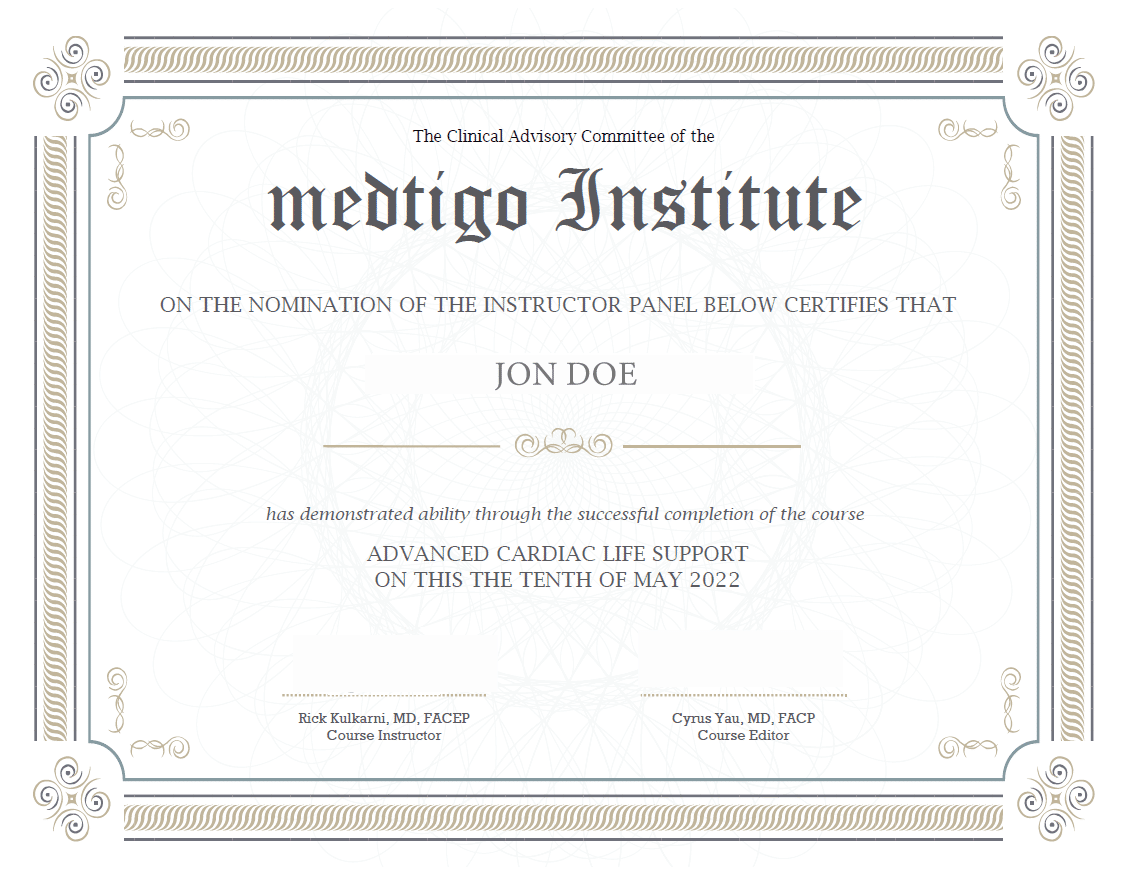Vitamin B12, a well-known micronutrient crucial for nerve function, red blood cell production, and DNA synthesis, has been revealed to play a pivotal role in cellular reprogramming and tissue regeneration, according to research led by Dr. Manuel Serrano at IRB Barcelona. Published in the journal Nature Metabolism, the study focused on cellular reprogramming, an experimental process believed to mimic early tissue repair phases.
The research discovered that cellular reprogramming in mice requires substantial amounts of vitamin B12, and its depletion becomes a limiting factor, causing delays and impairments in the reprogramming process. Surprisingly, the simple supplementation of vitamin B12 significantly enhanced the efficiency of reprogramming, even though mice typically have an abundant natural intake of the vitamin.
Validating their findings in a model of ulcerative colitis, the researchers demonstrated that intestinal cells involved in repair undergo a process like cellular reprogramming and benefit from vitamin B12 supplementation. This suggests potential therapeutic applications for patients with intestinal bowel disease who may benefit from vitamin B12 supplementation.
Dr. Manuel Serrano emphasizes the significance of the research, stating, “Our research uncovers a critical role of vitamin B12 in cellular reprogramming and tissue repair. These findings hold promise for regenerative medicine, with the potential to benefit patients through improved nutrition.”
The study delved into the metabolic requirements of cellular reprogramming, revealing that vitamin B12 is a limiting factor for a specific branch of metabolism involved in a reaction known as methylation. Cells initiating reprogramming or tissue repair require high levels of this methylation reaction and, consequently, vitamin B12.
Vitamin B12 insufficiency during reprogramming or tissue repair resulted in significant epigenetic changes, leading to errors in the function of multiple genes. Supplementation with vitamin B12 corrected this imbalance, enhancing gene function fidelity and overall reprogramming efficiency, as confirmed by Dr. Marta Kovatcheva, the first author of the study and a postdoctoral researcher in the same laboratory.
In a separate study, the group led by Dr. Serrano collaborated with the University of Barcelona and the Hospital Clínic of Barcelona to investigate the relationship between vitamin B12 and inflammation. Their findings indicated that individuals with higher levels of vitamin B12 in their blood exhibited lower levels of inflammatory markers (IL-6 and CRP).
A similar relationship was observed in aged mice, suggesting that vitamin B12 exerts anti-inflammatory actions by reducing these markers in the body. These insights into the potential health benefits of vitamin B12 not only contribute to our understanding of its role in cellular reprogramming but also highlight its potential as a therapeutic intervention for conditions characterized by inflammation, such as ulcerative colitis.
The research opens avenues for regenerative medicine and improved nutrition strategies that could enhance tissue repair processes and benefit a broader range of patients. Overall, this work underscores the multifaceted importance of vitamin B12 beyond its conventional roles in maintaining nerve function and supporting blood cell production.
Journal Reference
Marta Kovatcheva et al, Vitamin B12 is a limiting factor for induced cellular plasticity and tissue repair, Nature Metabolism (2023). DOI: 10.1038/s42255-023-00916-6.











